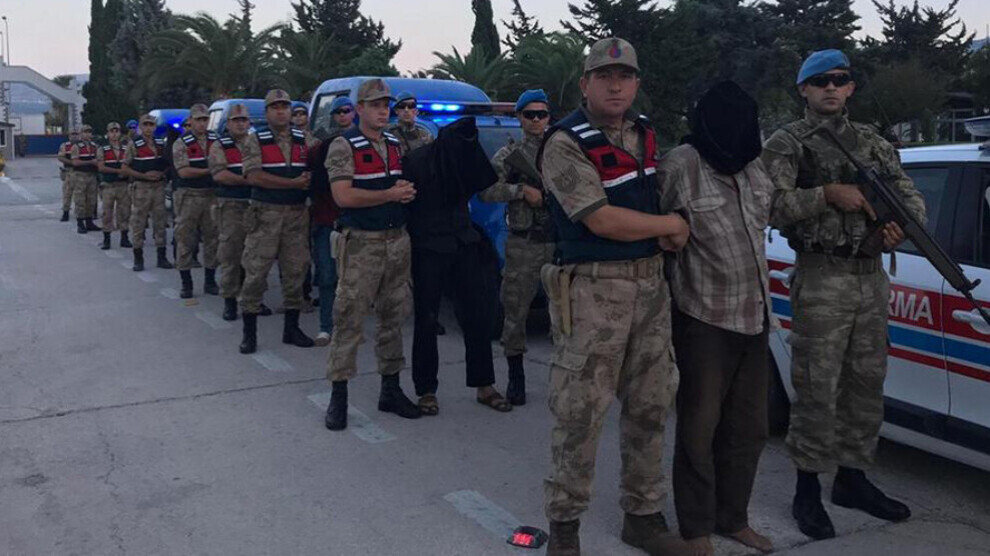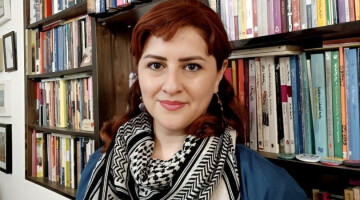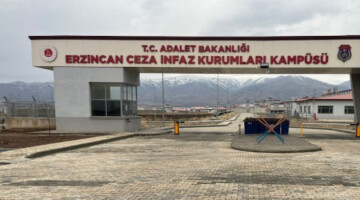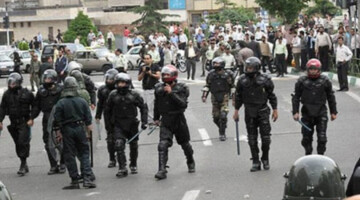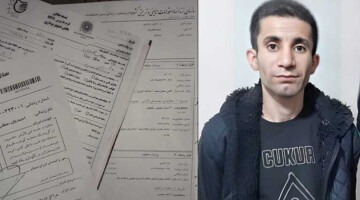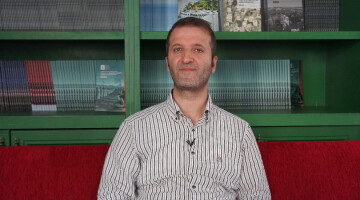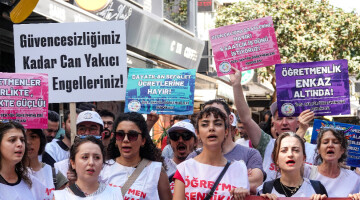A large number of more than a hundred Syrian nationals who were taken to Turkey and charged in the course of the invasion of Rojava in the fall of 2019 have been sentenced to aggravated life imprisonment under Turkish law, stated lawyer Mustafa Vefa, co-chair of the branch of the Human Rights Association IHD in Urfa. According to Vefa, at least 103 Syrian women and men are currently detained in various prisons in the border province. In all cases, the charges are based on terror accusations and Article 302, which regulates the “destruction of the unity and integrity of the state”. The only alleged evidence used against the POWs are so-called arrest protocols prepared by the jihadist mercenary force "Syrian National Army" (SNA). Urfa appears in the indictments as the scene of the alleged crimes.
Article 302 is the most serious article of the Turkish Penal Code. The text states, "Anyone who places the territorial integrity of the state completely or partially under the sovereignty of a foreign state, destroys the unity of the state, secedes part of the state's territory, and commits acts that weaken the independence of the state, shall be sentenced to an aggravated life imprisonment." While the mere arrest and transfer of these people to Turkish territory constitutes a war crime, they are being tried in Turkey for alleged crimes committed in Syria. According to Human Rights Watch (HRW), this method constitutes a "violation of Turkey's obligations as an occupying power in northeastern Syria under the Fourth Geneva Convention." It is unclear how many Syrian nationals in total have been taken to Turkey in the course of the invasion. Authorities are maintaining silence.
According to Mustafa Vefa, the arrests of Syrian prisoners of war always follow the same pattern. "People usually come from Girê Spî (Tal Abyad), Serêkaniyê (Ras al-Ain), but also from other areas of northeastern Syria, such as Til Temir (Tal Tamr). The arrests by SNA militiamen usually take place outside the combat zone, in some cases right on their doorsteps. Immediately afterward, the SNA people turn to the families of the detainees with ransom demands. The standard minimum sum is $3,000. If a family cannot raise the money, the abducted are handed over to Turkey under torture. Those who pay are released."
Vefa complained that these people are subjected to severe forms of torture and ill-treatment in Turkish detention. Physical and psychological torture is used for punishment, intimidation and humiliation, he said, and also serves as an interrogation tactic to get prefabricated confessions signed. "In such cases, victims sign the 'confession' of being a member of a 'terrorist organization' without understanding what is written there. Interpreters, as required by law, are not consulted during the interrogations," he noted.
Very few of the Syrians detained in Urfa have the chance to exercise their right to defense, Vefa said and continued, "The situation of the prisoners of war is generally very bad. Most of them are not even able to contact their families. They are completely isolated from the outside world. Their families often don't even know if they are still alive. Since they are non-Turkish nationals, they also have no visiting rights. This makes their already stressful situation extremely difficult. They are systematically deprived of the opportunity to report human rights violations to the outside world. There is an urgent need for action to bring about fair treatment of the prisoners of war. The courts should actually release these people immediately, but instead they are sentenced to life imprisonment. We demand that the Ministry of Justice take immediate action. Not a single piece of tangible evidence exists for the accused crimes. International law is being trampled on here."
Vefa also announced that IHD Urfa branch will publish a detailed report on the situation of prisoners of war in Turkish custody in the foreseeable future.

